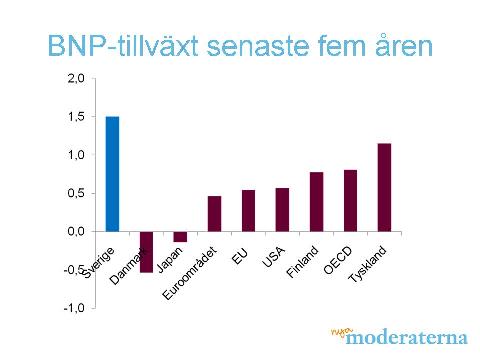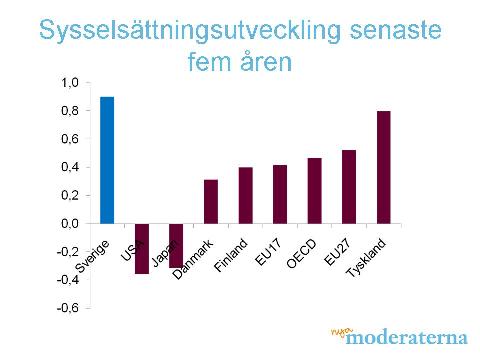British vs Spanish Recessions
There is one striking difference between the British and Spanish recession. Whereas Britain has had a drop in real wages by nearly 2.5% but has had stable employment, Spain has had stable real wages but a drop in employment by nearly 4%.
Note that in both cases, real aggregate labor earnings, which is a function of employment and average real weekly/monthly earnings, have declined more than GDP. In Britain GDP was unchanged compared to a year earlier while real aggregate labor earnings fell by nearly 2.5% while in Spain GDP fell by 0.4% while real aggregate labor earnings. There are 3 possible explanations for this:
1) GDP weakness is underestimated.
2) Labor market weakness is overestimated.
3) Corporate profits and other non-labor income is booming
There is no information available about 3) for the first quarter, but during
Q4 2011 corporate profits was indeed rising in Spain so it is likely a partial explanation there during , but in Britain profits actually fell meaning that this factor just makes the discrepancy even larger.
Particularly in Britain but also in Spain one factor is that the GDP deflator rose a lot less than the harmonized consumer price indexes. If you believe the GDP deflator is more accurate then that leads us to 2), but if you believe the CPI is more accurate then that leads us to 1). I personally more in the latter explanation for both.
In Britain it is also a factor that nominal labor earnings rose during Q4 2011 more than the labor statistics have reported, which is puzzling since in most countries data over labor earnings in the national accounts are based on the labor market reports. It would be interesting to know just what other data source the producers of the national accounts use.





